Marine Biologist
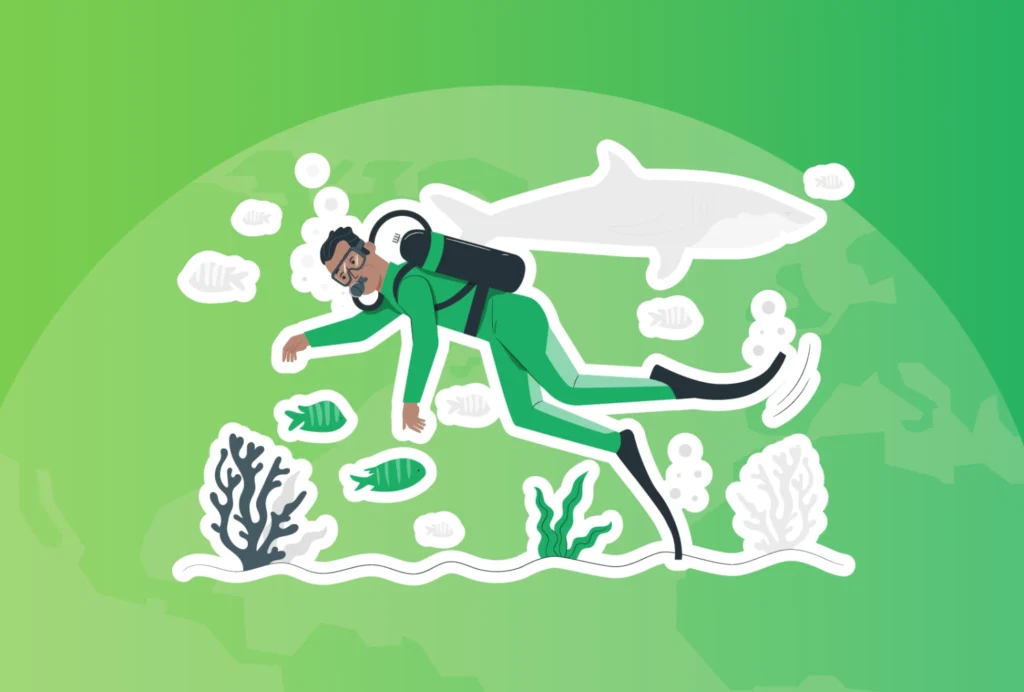
Marine Biologist
Job Sector
Agriculture, Food and Natural Resources
Potential Salary (USD)
Low End: $30,000.00 /yr
Avg/Med: $65,000.00 /yr
High End: $120,000.00 /yr
Education Required
- Bachelor of Science in Marine Biology, or
- Bachelor of Science in Aquatic Biology, or
- Bachelor of Science in Marine Biology and Ecology
Job Outlook
The demand for marine biologists is expected to grow as concerns about climate change, pollution, and overfishing increase. Protecting marine ecosystems will remain a priority, driving the need for experts in this field.
Career Profile Overview
Marine Biologists study the organisms that live in the ocean and other saltwater environments. They examine the interactions between marine species and their ecosystems, assess the impact of human activities on marine life, and develop strategies to protect and conserve marine biodiversity. Their work is crucial for understanding ocean health and managing resources sustainably.
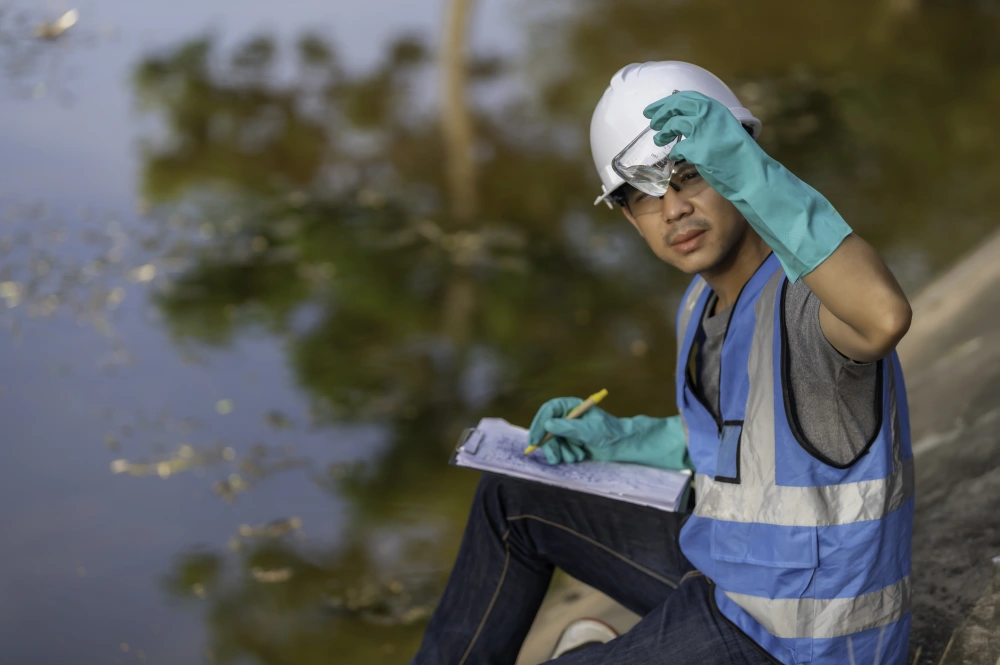
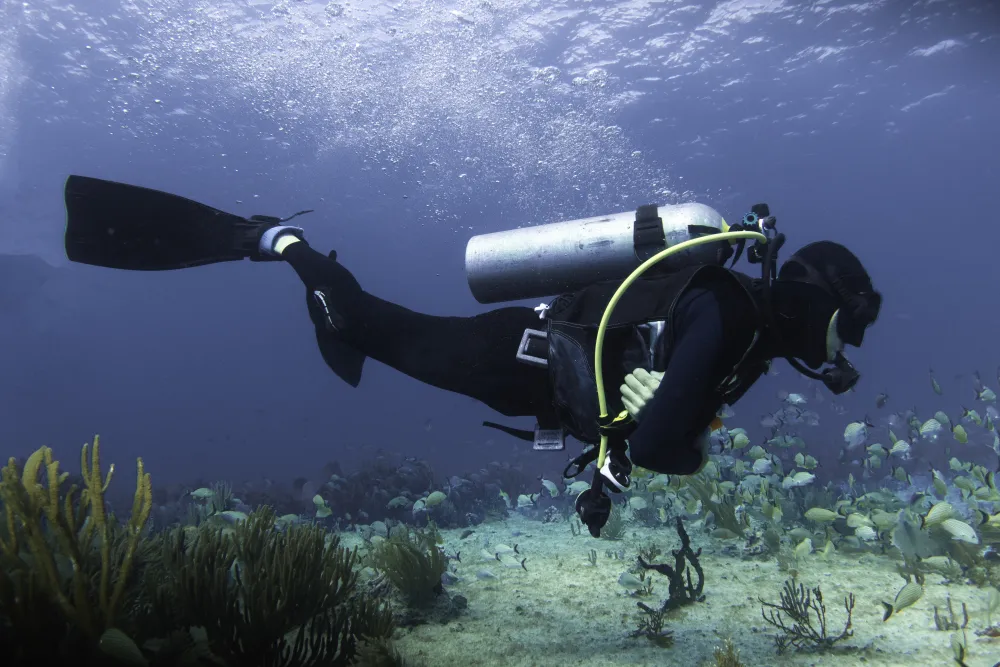
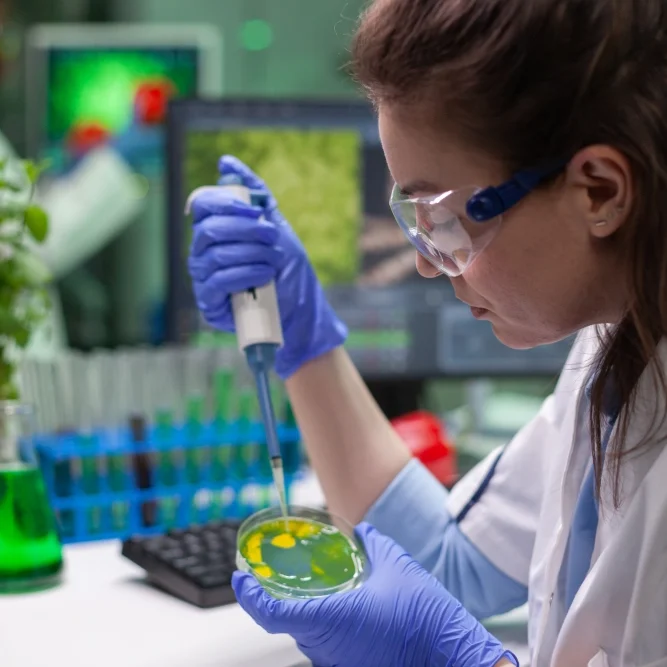
Key Responsibilities
Marine Ecosystem Research
- Investigate the behaviours, genetics, physiology, and interactions of marine organisms, from tiny plankton to large whales, within their environments.
Fieldwork and Data Collection
- Conduct field studies in oceans, seas, and coastal areas to collect samples and observe marine life in their natural habitats. This may involve scuba diving, using remote sensing equipment, or deploying underwater vehicles.
Data Analysis
- Analyze data collected from fieldwork to identify patterns, trends, and relationships in marine ecosystems. This could include studying population dynamics, migration patterns, and the effects of environmental changes on marine species.
Conservation Planning
- Develop and implement conservation strategies to protect endangered marine species and habitats. This includes creating marine protected areas, restoring damaged ecosystems, and managing fisheries sustainably.
Environmental Impact Assessments
- Evaluate the potential impacts of human activities such as fishing, pollution, and coastal development on marine environments. Provide recommendations to mitigate harmful effects.
Education and Outreach
- Engage with the public, policymakers, and other stakeholders to raise awareness about marine conservation issues. This may involve writing articles, giving presentations, or working with educational institutions.
Policy and Advocacy
- Work with governmental and non-governmental organizations to develop and advocate for policies that protect marine environments and promote sustainable use of ocean resources.
Educational Path
High School
- Basic understanding of science (biology and chemistry), mathematics and physics is important for this role.
Postsecondary
- Bachelor’s Degree in Marine Biology, Oceanography, Environmental Science, or a Related Field
Advanced Degrees
- Master’s or Ph.D. in Marine Biology or a Related Field
Certifications
- Scientific Diver Certification
- GIS Certification
Entry-Level
Marine Research Technician
- Assists in collecting samples, maintaining lab equipment, entering data, and performing basic analyses for marine biology research projects.
Aquarist
- Cares for aquatic animals in aquariums, including feeding, tank maintenance, monitoring water quality, and observing animal health and behaviour.
Environmental Educator
- Develops and delivers educational programs about marine ecosystems, conservation, and marine life to the public or specific groups.
Mid-Level
Marine Biologist
- Designs and conducts research to study marine organisms, their behaviours, ecosystems, and interactions with the environment.
Fisheries Biologist
- Researches fish populations, their habitats, and sustainable fishing practices to inform fisheries management and conservation efforts.
Marine Conservation Specialist
- Develops and implements strategies for protecting marine biodiversity, restoring habitats, and addressing threats to ocean health.
Senior-Level
Senior Marine Biologist
- Leads complex marine research projects, mentors junior scientists, and contributes significantly to scientific publications and conservation strategies.
Marine Biology Professor
- Conducts independent research in marine biology, teaches university-level courses, and mentors graduate students in academic settings.
Director of Marine Conservation Programs
- Oversees the strategic planning, development, and execution of large-scale marine conservation initiatives and programs for an organization.
Skills and Qualities
Environmental Science Research
- Familiarity with research methods and data analysis techniques.
Field Work
- Comfortable working in marine environments, often in challenging conditions. Skilled in the use of field equipment and techniques such as scuba diving, GPS mapping, and underwater photography.
Data Analysis
- Capable of analyzing complex data sets to understand marine ecosystems and the factors affecting them.
Environmental Sustainability
- Ability to develop innovative solutions to challenges such as habitat degradation, overfishing, and climate change impacts on marine life.
Communication
- Strong written and verbal communication skills for reporting research findings, presenting information, and educating the public.
Teamwork
- Ability to work effectively with a diverse range of stakeholders, including scientists, conservationists, policymakers, and the public.
United States
University of Miami | Florida
- Program: Bachelor of Science in Marine Biology and Ecology
- Website: University of Miami Marine Biology
University of California | California
- Program: Bachelor of Science in Aquatic Biology
- Website: UC Santa Barbara Aquatic Biology
Duke University | North Carolina
- Program: Bachelor of Science in Environmental Sciences with a concentration in Marine Science and Conservation
- Website: Duke Marine Science
Canada
Dalhousie University | Nova Scotia
- Program: Bachelor of Science in Marine Biology
- Website: Dalhousie University
University of British Columbia | British Columbia
- Program: Bachelor of Science in Marine Biology
- Website: UBC Marine Biology
Memorial University | Newfoundland
- Program: Bachelor of Science in Marine Biology
- Website: Memorial University Marine Biology
Sylvia Earle


Position
Marine Biologist, Oceanographer, National Geographic Explorer-in-Residence
Contributions
Sylvia Earle, often referred to as “Her Deepness,” has been a pioneering figure in marine biology and ocean exploration for over six decades. She has led more than 100 expeditions, logging more than 7,000 hours underwater. Earle is also the founder of Mission Blue, an initiative to establish marine protected areas known as “Hope Spots” around the globe.
Impact
Earle’s work has significantly raised awareness about the importance of ocean conservation. Her advocacy for marine protected areas has led to the establishment of numerous reserves that help safeguard critical ocean habitats.
Source
Ayana Elizabeth Johnson

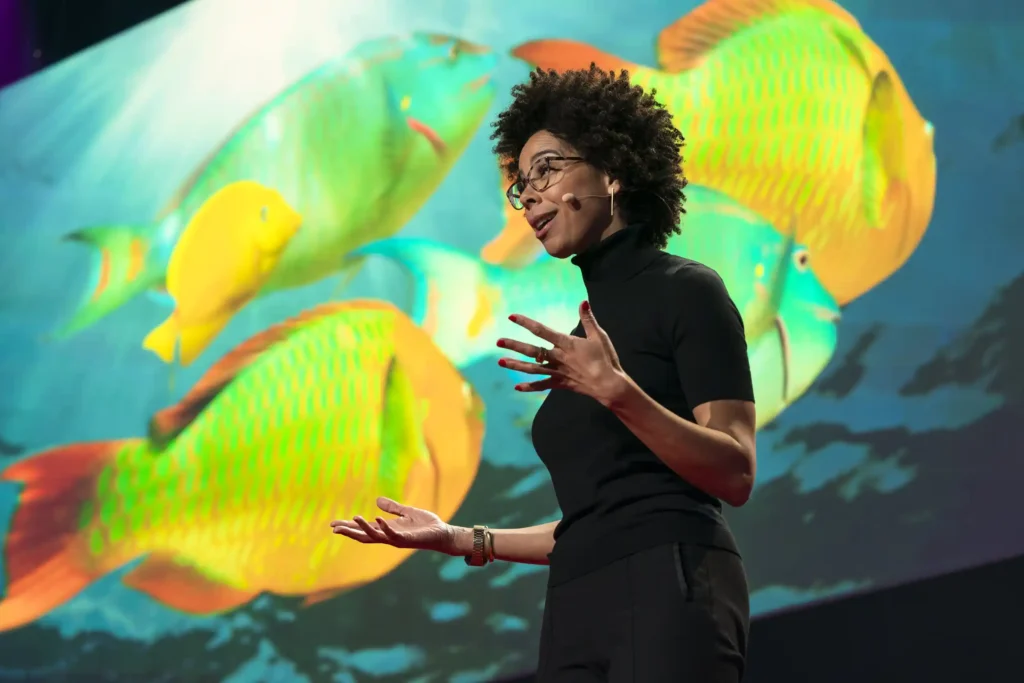
Position
Marine Biologist, Policy Expert, Co-Founder of Urban Ocean Lab
Contributions
Dr. Ayana Elizabeth Johnson is a marine biologist, policy expert, and co-founder of Urban Ocean Lab, a think tank focused on climate change and ocean policy in urban areas. She is also the co-creator of the podcast “How to Save a Planet,” which discusses environmental issues and solutions.
Impact
Johnson’s work bridges science and policy, focusing on creating sustainable solutions to protect the oceans, especially in the context of climate change. She has been a powerful advocate for environmental justice and has inspired a new generation of scientists and policymakers to consider the intersection of climate, oceans, and equity.
Source
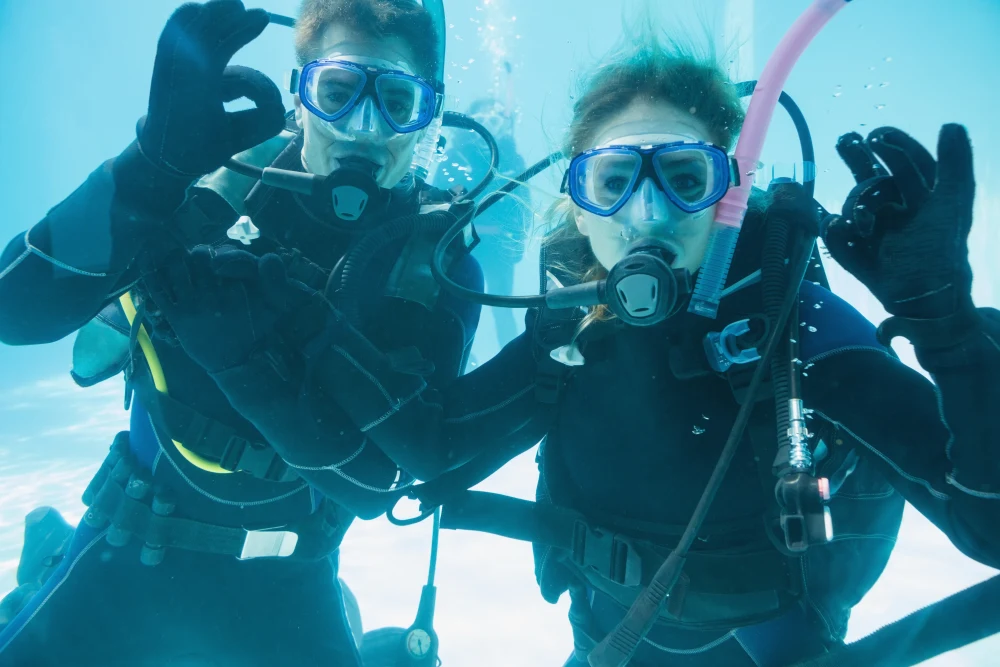

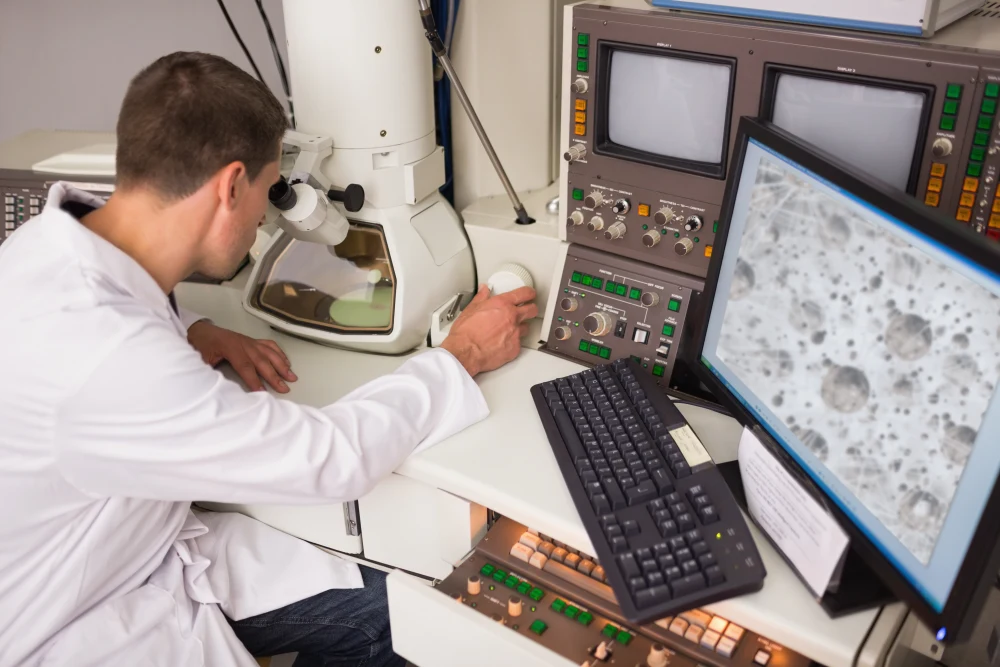
Resources and Further Reading
- MarineBio: Marine Conservation
- National Oceanic and Atmospheric Administration: Ocean Exploration
- Scripps Institution of Oceanography: Climate Change Resources
